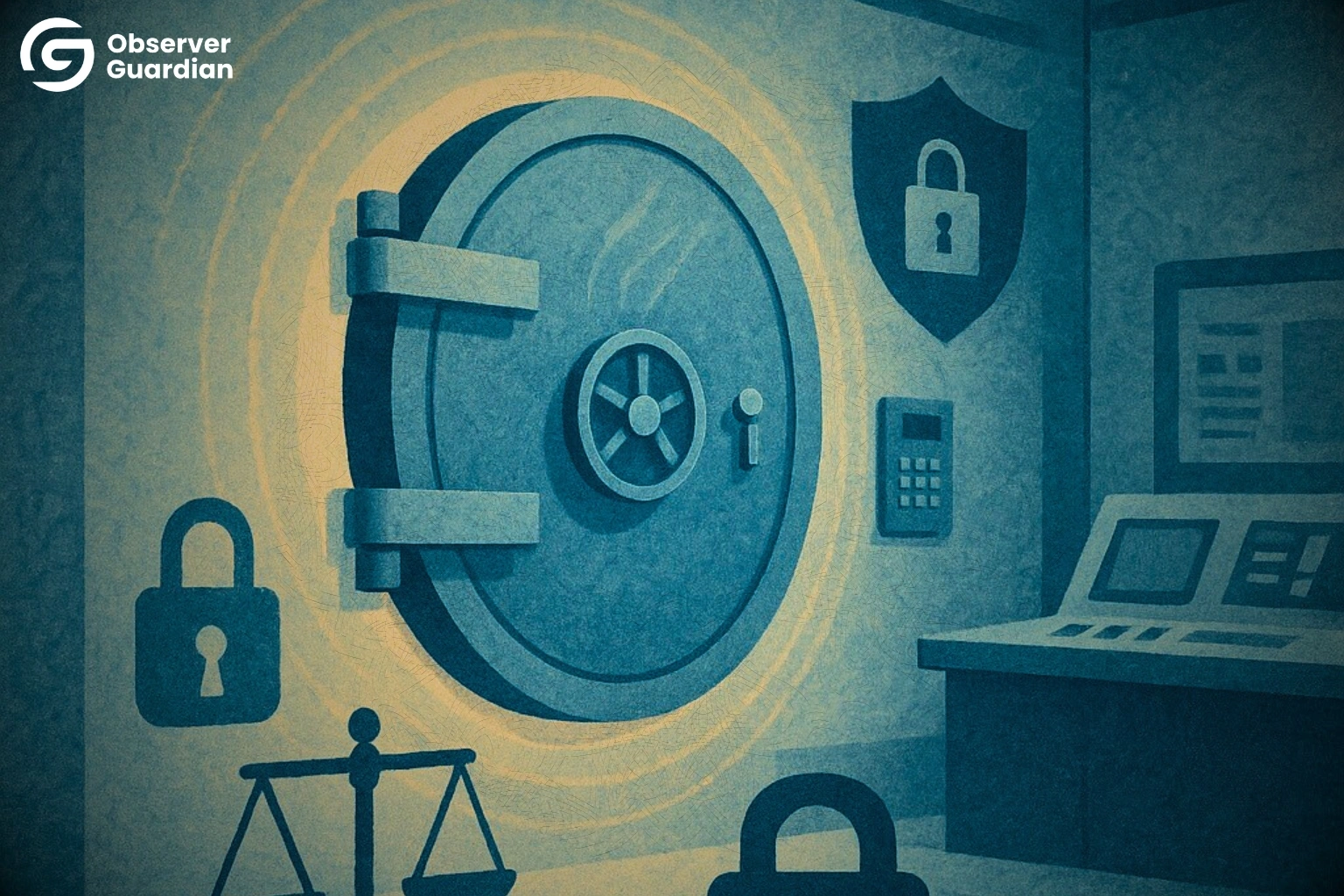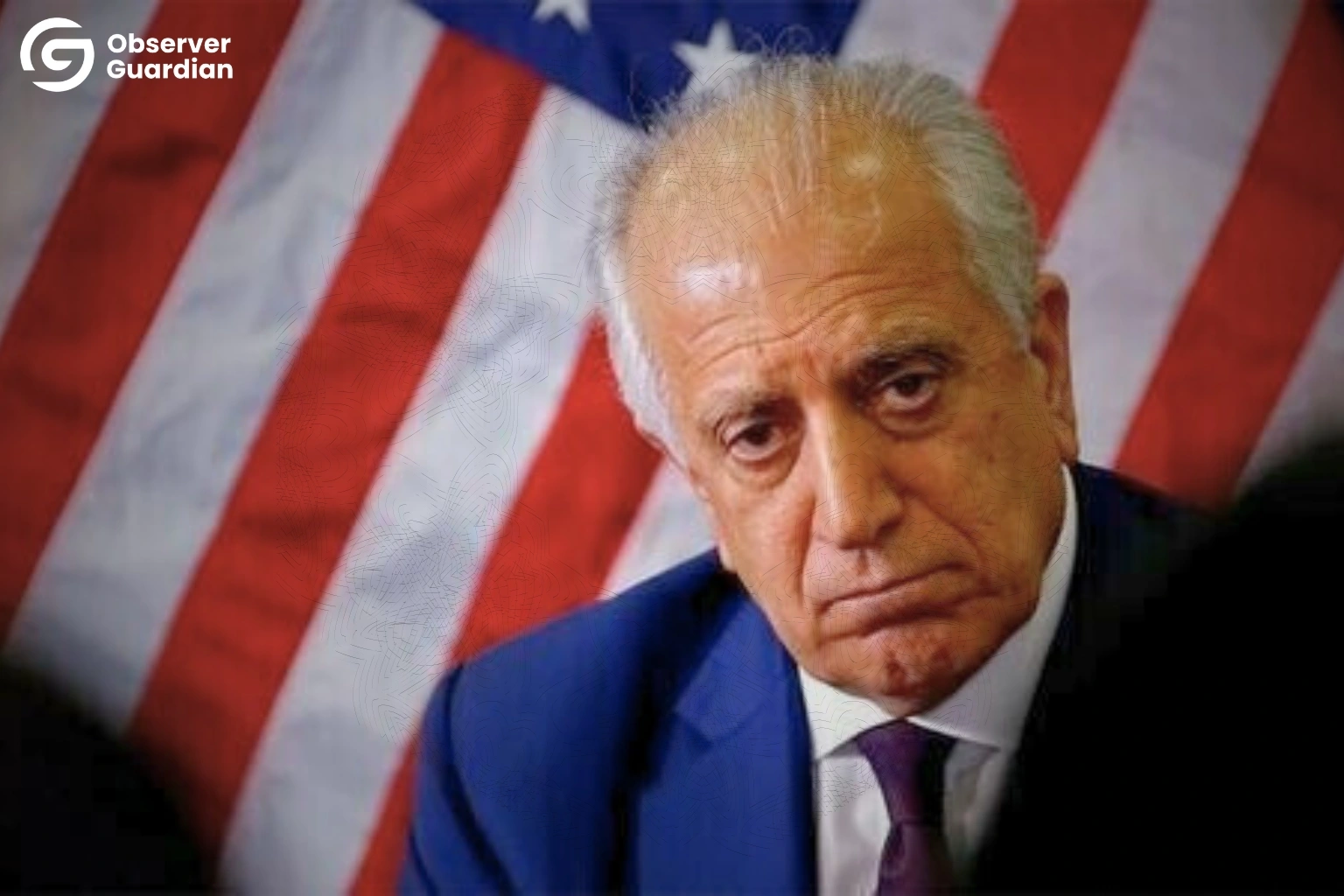Mr. Zalmay Khalilzad suddenly decided to log onto Twitter and drop a “hot take” about Pakistan’s nuclear capability. The former United States diplomat, known more for his failed experiments in Afghanistan than any lasting diplomatic success, wants to sound the alarm about Pakistan’s nuclear program. The problem is that his speculation says far more about his imagination than about Pakistan’s actual policy.
It is hard not to see this as an attempt to stay relevant, after a long career that is well past its expiry date. Besides, Pakistan’s nuclear policy is not some Twitter theory, but part of its national sovereignty, grounded in decades of careful strategy and restraint. Thus, it is not shaped by offhand comments from retired officials looking for attention.
Pakistan’s nuclear posture is a serious policy, and not social media chatter
Anyone who has paid even a little attention to Pakistan’s nuclear history knows it was not born out of ambition. It came from necessity. When India conducted its nuclear tests in 1974 and again in 1998, Pakistan had little choice but to ensure its own deterrent. That is what credible minimum deterrence is all about. It is enough strength to prevent aggression, and not to go around threatening anyone.
Moreover, the country’s nuclear command structure is stable, disciplined, and professional. It is run by the National Command Authority. For decades, Pakistan has maintained a responsible nuclear posture acknowledged even by analysts who are not friendly to Islamabad. So, it is one of the few areas of policy where Pakistan’s consistency is undeniable.
Thus, when Mr. Khalilzad tweets about instability or danger, it is misleading. Guesswork is not analysis, even if it comes with a blue check and a past title.
Khalilzad, the “classified annex” nonsense
Moving forward, then there is the phrase he used about something as a “classified annex.” That part made people laugh. This sounds more like a scene from a bad political thriller than something like a serious commentary. There is no secret plot here, and no buried memo waiting to explode. It is Mr. Khalilzad’s imagination trying to do foreign policy now.

What is striking is how outdated his thinking is. His mindset belongs to a Cold War era where Washington viewed every developing country’s defense policy as suspicious. It is the same old paternalism dressed up as concern. Pakistan’s strategic restraint does not fit that narrative, so people like him pretend that there is chaos where there is control.
Responsibility of Pakistan is not loud, but it is real
Moreover, Pakistan’s nuclear policy has been one of quiet discipline. Even in times of extreme tensions during Kargil, 2001, or Pulwama, the country kept its deterrence posture measured. There were no reckless threats and no theatrical statements. That is a record of restraint, not instability.
It is also worth noting how selective the outrage is. Western commentators rarely panic when India modernizes its nuclear arsenal, but they suddenly rediscover “concern” when Pakistan makes a defensive upgrade. It is a double standard, and Mr. Khalilzad’s tweet fits right into it.
Pakistan’s nuclear program was built for one reason, and that was survival. It was not about prestige or politics. It was about ensuring that no one could dictate Pakistan’s fate again.
That logic still holds, and the people responsible for managing the program continue to do so with professionalism that deserves more credit than it gets.
Chasing attention with speculation
Further, Mr. Khalilzad’s tweet is not about security, but about attention. He is not in the room anymore, so he is trying to get back in by stirring things up online. If he genuinely wanted to contribute, he would have shared facts, not theories.
The irony is that Pakistan’s nuclear command and control system has long been recognized as one of the most secure among developing nations. There are multiple layers of oversight, technical safeguards, and protocols that make unauthorized access virtually impossible. One can disagree with Pakistan’s policies, but questioning its control over nuclear weapons without evidence is just irresponsible.
Moving past the noise
On top of that, Pakistan does not need to prove its responsibility to every retired diplomat with a Twitter account. The record of the country speaks for itself. The approach to nuclear deterrence has been careful, consistent, and rooted in the realities of South Asia’s security environment.
Hence, when Mr. Khalilzad throws around dramatic language, people in Islamabad and even Washington know to take it with a grain of salt. His statement reflects nostalgia for a time when the United States could frame every global issue through its own lens of control. However, now the world has moved on, and Pakistan’s strategic thinking has too.
Besides, Mr. Khalilzad’s tweet was not analysis but attention seeking dressed up as concern. Pakistan’s nuclear doctrine remains grounded in restraint and responsibility. It is managed by institutions, not egos.
Thus, if Mr. Khalilzad wants to talk about nuclear stability, maybe he should start by acknowledging the region’s full picture, instead of recycling old talking points. Until then, his speculative tweets will keep saying more about his frustration and not about Pakistan’s reality.
⚠ Disclaimer
The views and opinions expressed in this article are exclusively those of the author and do not reflect the official stance, policies, or perspectives of the Platform.







